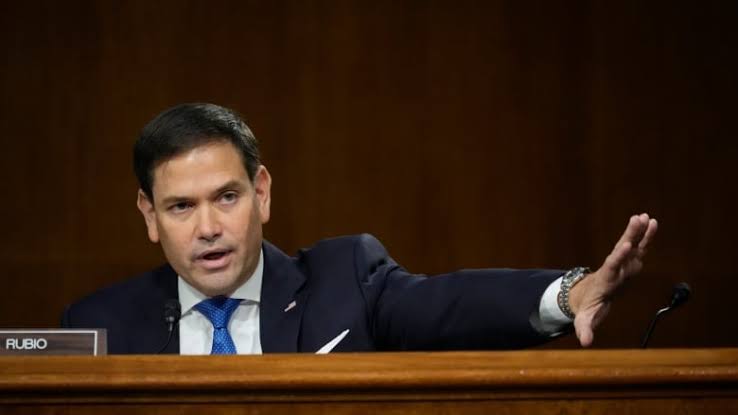Legislation to Ban TikTok Introduced in US congress

The Trump administration had attempted to ban TikTok as well as the Chinese media platform WeChat in 2020, to protect Americans’ privacy. The Biden administration did not continue to fight for the implementation of their predecessors’ initiative and only recently resumed criticism of TikTok.
Launched by ByteDance in 2018, TikTok has since become one of the most popular social media platforms worldwide with more than 1 billion monthly active users. The main problem is that the parent company of TikTok, ByteDance, is required by Chinese law to make the application’s data available to the Chinese Communist Party, which means that TikTok can be easily used as a spying tool.
In fact it should be totally banned by India without any its and buts.
US Senator Marco Rubio has now introduced a bipartisan legislation to ban the Chinese social media platform TikTok from operating in the United States while Congressmen Mike Gallagher and Raja Krishnamoorthi introduced companion legislation in the House of Representatives, the office of the senator said in a press release.
“US Senator Marco Rubio (R-FL) introduced bipartisan legislation to ban TikTok from operating in the United States,” Rubio’s office said in a statement. “US Representatives Mike Gallagher (R-WI) and Raja Krishnamoorthi (D-IL) introduced companion legislation in the US House of Representatives.”
Senator Rubio said the federal government has yet to take a single meaningful action to protect American users from the threat of TikTok.
“We know it’s used to manipulate feeds and influence elections. We know it answers to the People’s Republic of China. There is no more time to waste on meaningless negotiations with a CCP-puppet company. It is time to ban Beijing-controlled TikTok for good,” he added.
The legislation is called the Averting the National Threat of Internet Surveillance, Oppressive Censorship and Influence, and Algorithmic Learning by the Chinese Communist Party Act (ANTI-SOCIAL CCP Act) and is expected to protect Americans by blocking and prohibiting all transactions from any social media company in China, among other countries.
The bill also requires the US President to block and prohibit all transactions in all property and interests in property of social media companies with more than 1 million users located in Iran, North Korea, Cuba and Venezuela.




